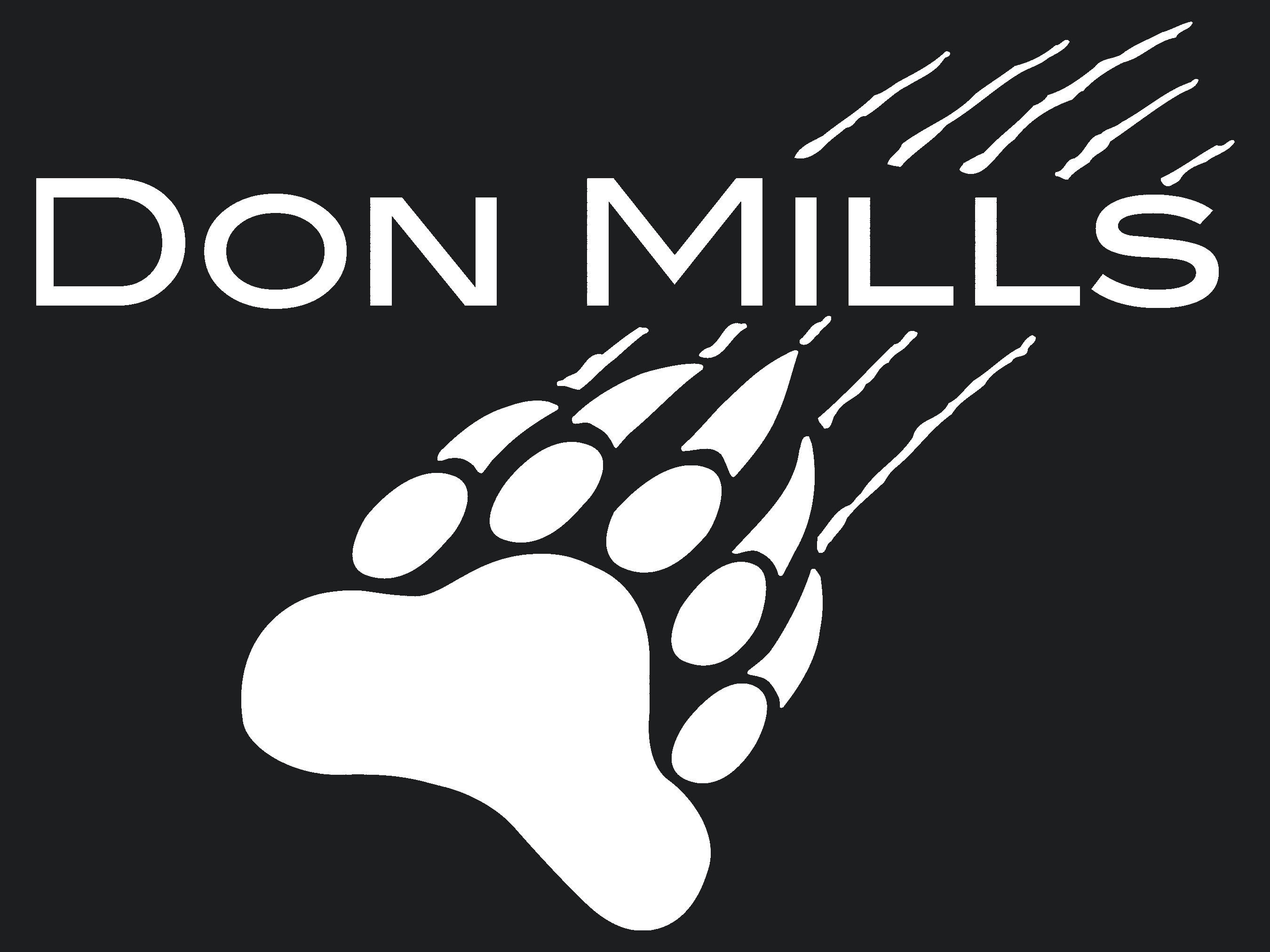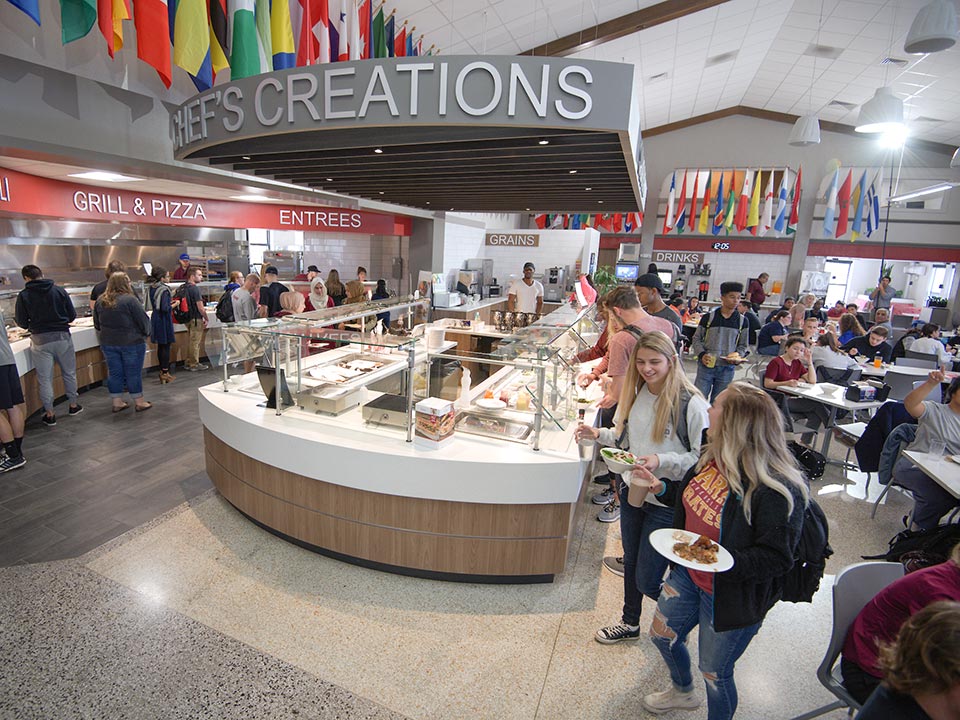Courses
Mathematics
– All secondary students must achieve their grade 9, 10, & 11 Mathematics credits.
Grade 9 Mathematics
This course enables students to consolidate, and continue to develop, an understanding of mathematical concepts related to number sense and operations, algebra, measurement, geometry, data, probability, and financial literacy. Students will use mathematical processes, mathematical modelling, and coding to make sense of the mathematics they are learning and to apply their understanding to culturally responsive and relevant real-world situations.
Grade 10 Mathematics
This course enables students to broaden their understanding of relationships and extend their
problem-solving and algebraic skills through investigation, the effective use of technology, and
abstract reasoning. Students will explore quadratic relations and their applications; solve and
apply linear systems; verify properties of geometric figures using analytic geometry; and investigate the trigonometry of right and acute triangles.
Grade 11 Mathematics
This course introduces the mathematical concept of the function by extending students’
experiences with linear and quadratic relations. Students will investigate properties of
discrete and continuous functions, including trigonometric and exponential functions;
represent functions numerically, algebraically, and graphically; solve problems involving
applications of functions; investigate inverse functions; and develop facility in determining
equivalent algebraic expressions. S
Grade 12 Advanced Functions/Calculus
This course extends students’ experience with functions. Students will investigate the
properties of polynomial, rational, logarithmic, and trigonometric functions; develop
techniques for combining functions; broaden their understanding of rates of change; and
develop facility in applying these concepts and skills. Calculus: This course builds on students’ previous experience with functions and their developing
understanding of rates of change. Students will solve problems involving geometric and
algebraic representations of vectors and representations of lines and planes in threedimensional space; broaden their understanding of rates of change to include the
derivatives of polynomial, sinusoidal, exponential, rational, and radical functions; and
apply these concepts and skills to the modelling of real-world relationships.
Other Math courses
–
Grade 12 Data Management
This course broadens students’ understanding of mathematics as it relates to managing
data. Students will apply methods for organizing and analysing large amounts of
information; solve problems involving probability and statistics; and carry out a
culminating investigation that integrates statistical concepts and skills
Grade 12 Mathematics in the workplace
This course enables students to broaden their understanding of mathematics as it is
applied in the workplace and daily life. Students will investigate questions involving
the use of statistics; apply the concept of probability to solve problems involving familiar
situations; investigate accommodation costs, create household budgets, and prepare a
personal income tax return; use proportional reasoning; estimate and measure; and
apply geometric concepts to create designs.


